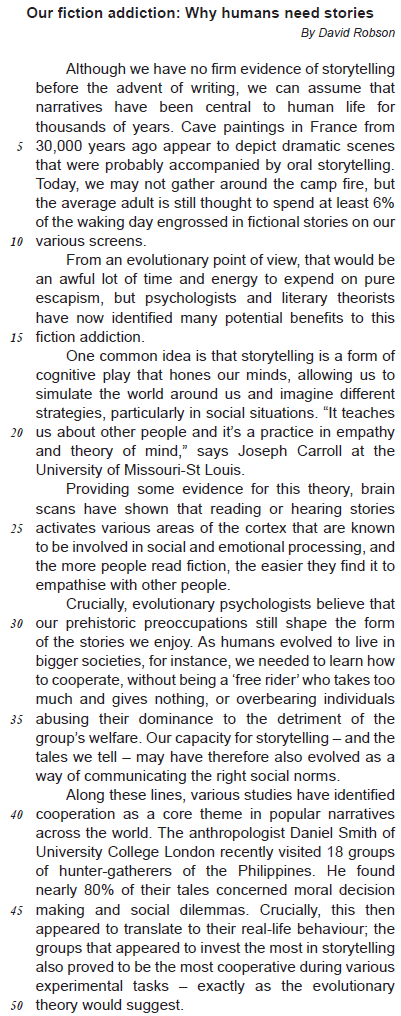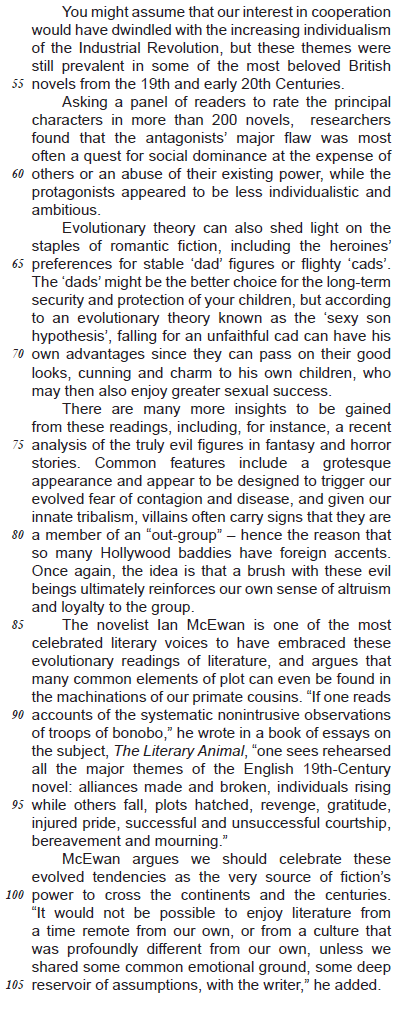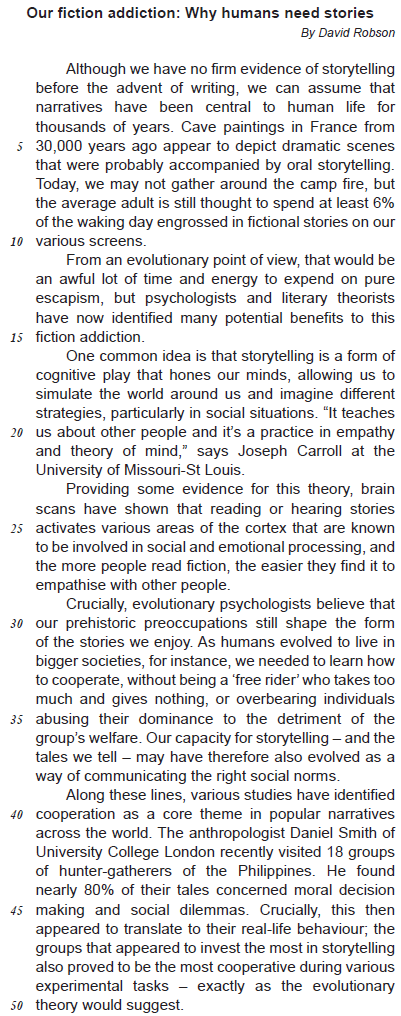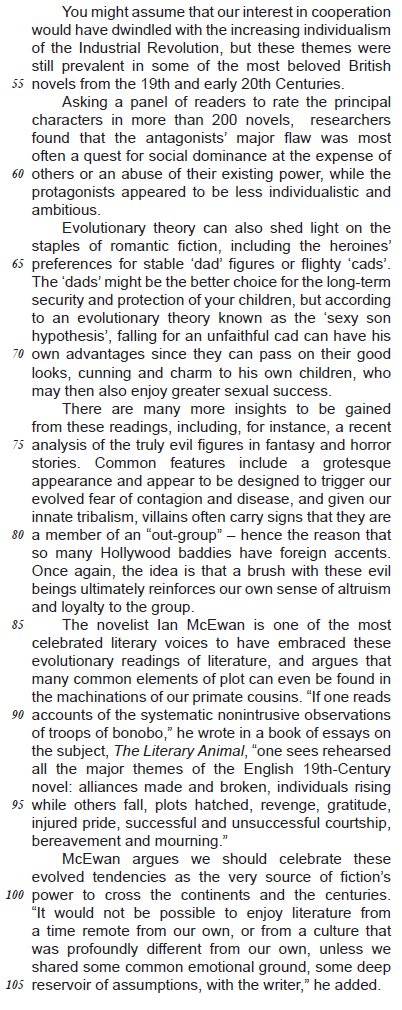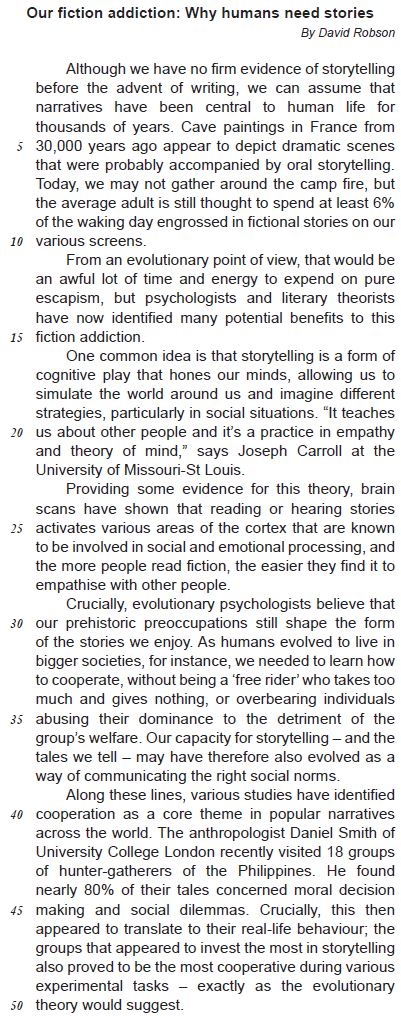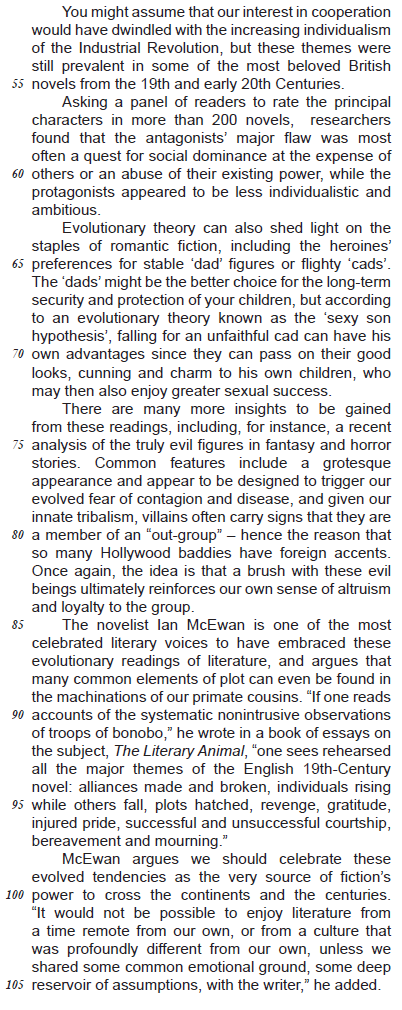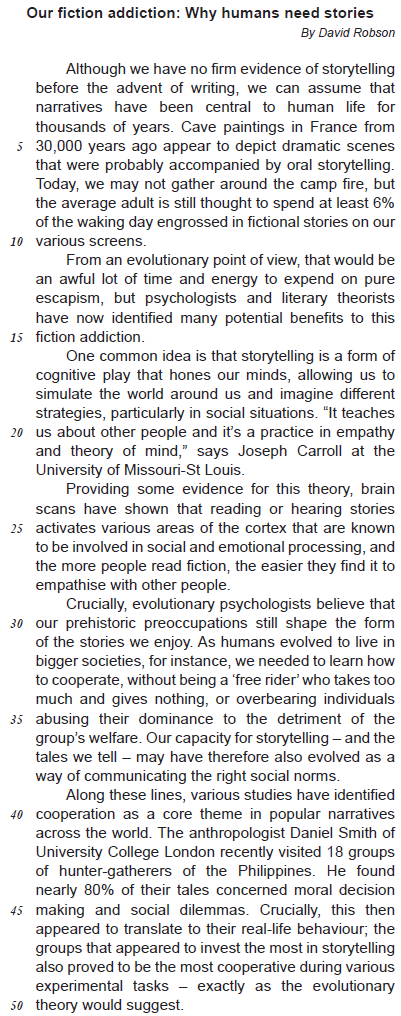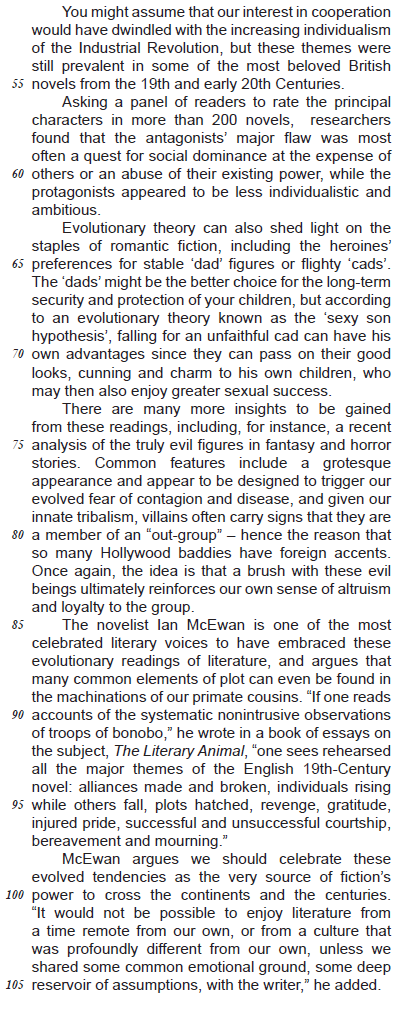DIFFERENCE BETWEEN AMERICAN AND BRITISH
VERSIONS OF HARRY POTTER SERIES
Philosopher’s vs. Sorcerer
When Scholastic was publishing Harry Potter and the Philosopher’s Stone in America, they decided to rename the book Harry Potter and the Sorcerer’s Stone. They claimed that the American and British uses of the word philosopher were a bit different, so therefore sorcerer was a more appropriate word. Any true Harry Potter fan, American or British, Australian or Hungarian, I’m sure will agree with MuggleMix when we say that decision should not have been made the reasons are:
1) J.K. Rowling said so therefore it must be true. She says that if she was in a better position, she would have disagreed at the time.
2) It belittles Americans, making it seem as if they do not understand what the word “philosopher” means. Americans are smarter than that.
3) Sorcerer is unspecific. The stone could have belonged to anybody with magical powers in the book. But the British name defines who the stone belongs to and gives the name an entirely different meaning. Sorcerer is a very different word to philosopher.
4) The stone is referred to as the “Philosopher’s Stone” throughout J.K. Rowling’s original version, never the “Sorcerer’s Stone”, so why should the most central object of the book be labeled something completely different in the book title, even if its just being published in a different place?
5) How is the word “philosopher” in Britain different from the word “sorcerer” in America?
6) Philosopher’s Stone is actually a historical object that people used to search for, while the Sorcerer’s Stone has no factual background in real life.
Ah well…
Other terminology
There are some other minor changes that occurred in case Americans got confused. Some ones, such as turning “mum” into “mom” and “trainers” into “sneakers”, J.K. Rowling refused to let happen. However, she allowed some changes to be made that, if they were not made, would befuddle the readers:
UK: Skip – US: Dumpster
UK: Minister for Magic – US: Minister of Magic
[…]
UK: Car park – US: Parking lot
[…]
Disponível em http://w w w .fanpop.com/clubs/harry-potter/articles/4309/title/difference-between-american-british-versions-harry-potter-series. Acesso em nov. 2015.
Com base no texto, analise as afirmativas.
I. A palavra ‘filosofal’ aparece como ‘sorcerer’, na edição americana do livro “Harry Potter e a pedra filosofal” (editora Scholastic), e ‘philosopher’, na edição britânica (editora Bloomsbury), porque a editora americana achou que a palavra ‘sorcerer’ daria mais credibilidade à obra.
II. Um dos argumentos do texto contrários à mudança do título em inglês, de ‘philosopher’ para ‘sorcerer’, é a de que os editores estariam menosprezando a capacidade de compreensão dos americanos, já que a alegação foi a de que o uso da palavra ‘philosopher’ tem pequenas variações no inglês britânico e no norteamericano.
III. A autora do livro, J.K. Rowling, confirmou que a mudança ocorreu porque o uso da palavra ‘philosopher’ difere na cultura norte-americana e na britânica e que, por esse motivo, ela concordou com a editora Scholastic.
IV. O autor do artigo argumenta que o termo ‘sorcerer’ (em inglês americano) deixa em aberto quem seria o dono da pedra na estória, enquanto o termo ‘philosopher’ (em inglês britânico) é mais específico, definindo, deste modo, quem é o dono da pedra.
V. Houve trocas de algumas outras palavras no livro, porque são usadas de modo diferente pelos norte-americanos e pelos ingleses, por exemplo, cab (Br) mudou para taxi (Am), sneakers (Br) mudou para tennis shoes (Am), dust (Br) mudou para garbage (Am), etc.
Com base no texto e nas afirmativas, assinale a alternativa correta.
